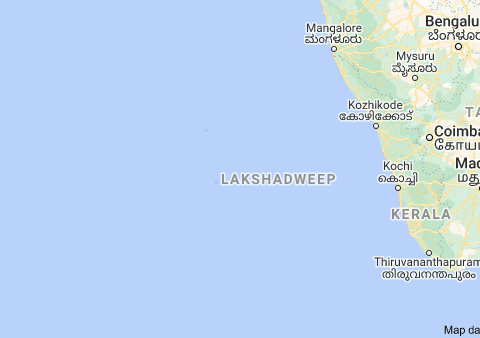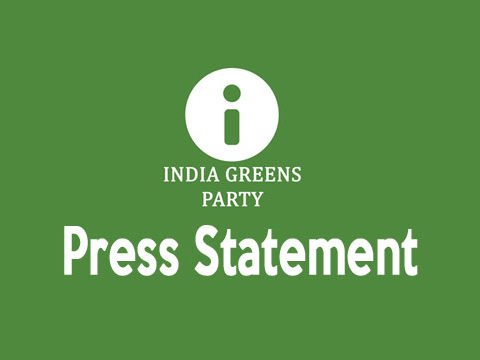New Delhi, 2 March 2020: The India Greens Party (IGP) today appealed to the Government of India to abolish the death penalty in the country, saying that capital punishment was the ultimate denial of the right to life and a violation of fundamental human rights.
In a press statement here in New Delhi, IGP President, Suresh Nautiyal, said that more than hundred countries in the world have already abolished the barbaric practice. He pointed out that the UN General Assembly has adopted, several times, the non-binding resolutions calling for a global moratorium on executions, with a view to eventual abolition.
Mr. Nautiyal said Article 3 of the Universal Declaration of Human Rights clearly states that everyone has the right to life, liberty, and security of person. Moreover, Article 5 of the Declaration states that no one shall be subjected to torture or to cruel, inhuman or degrading treatment or punishment.
He added that the European Union in Article 2 of the Charter of Fundamental Rights of the European Union also prohibited the use of capital punishment.
Mr. Nautiyal said most nations have abolished capital punishment, but over 60 percent of the world’s population continued to live in countries where the death penalty was retained, including India.
The IGP President said in a majority of the cases of those facing the death penalty, belonged to the poor and marginalized sections of society and in most of these cases, the defendants did not have resources to hire good legal counsel, did not know their rights, and at times, faced bias.
He said the lack of a fair trial is an aspect that has been raised in most countries carrying out executions, including India. Therefore, the IGP requests the Government of India to stop the use of the death penalty policy in dealing with any crimes.
Mr. Nautiyal said Amnesty International is also of the view that the death penalty is discriminatory. It is often used against the most vulnerable in society, including the poor, ethnic and religious minorities, and people with mental disabilities. Some governments use it to silence their opponents. Where justice systems are flawed and unfair trials rife, the risk of executing an innocent person is ever-present. When the death penalty is carried out, it is final.
Mistakes that are made cannot be unmade. An innocent person may be released from prison for a crime they did not commit, but execution can never be reversed.
It is correct that the victims of violent crime and their families have a right to justice. In fact, those who have lost loved ones in terrible crimes have a right to see the person responsible held to account in a fair trial but without recourse to the death penalty, Mr. Nautiyal pointed out.
He said the party is not trying to minimize the crime by opposing the death penalty; but, as many families who have lost loved ones have said, the death penalty cannot genuinely relieve their suffering. It just extends that suffering to the family of the condemned person as well.
Also, revenge is not the answer. The answer lies in reducing violence, not causing more deaths. Executing someone because they’ve taken someone’s life is revenge, not justice. It is just an eye for an eye. An execution – or the threat of one – inflicts terrible physical and psychological cruelty. Any society which executes offenders is committing the same violence it condemns.
Besides, the research has shown that the death penalty does not prevent crime. There is no credible evidence that the death penalty deters crime more effectively than a prison term. In fact, crime figures from countries which have banned the death penalty have not risen. In some cases, they have actually gone down. In Canada, the murder rate in 2008 was less than
half that was in 1976 when the death penalty was abolished there.
In view of the above, Mr. Nautiyal said, time was ripe to do away with the death penalty in India and immediately.
– Press Statement issued by the IGP Spokesperson Michael Rajchandra.



